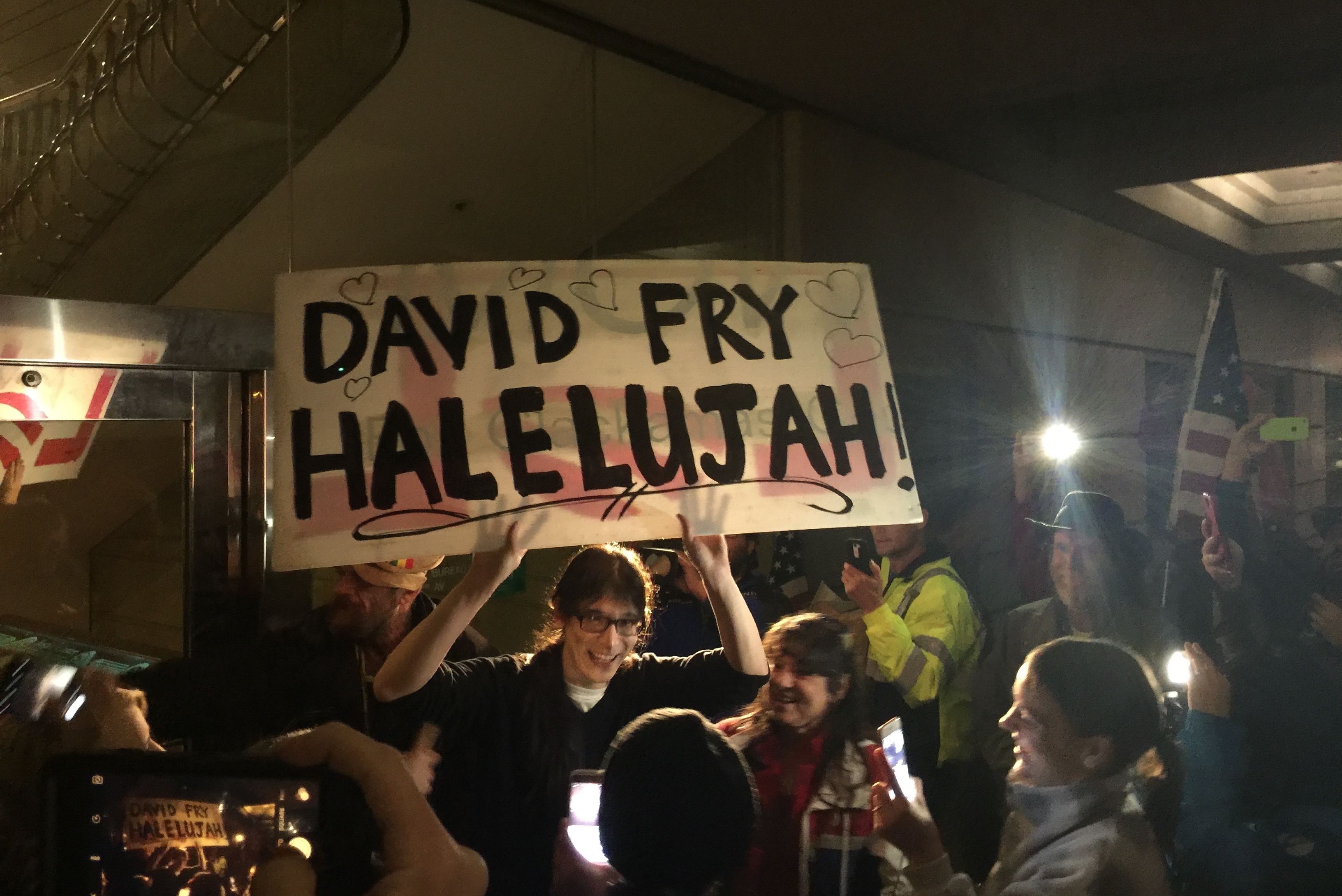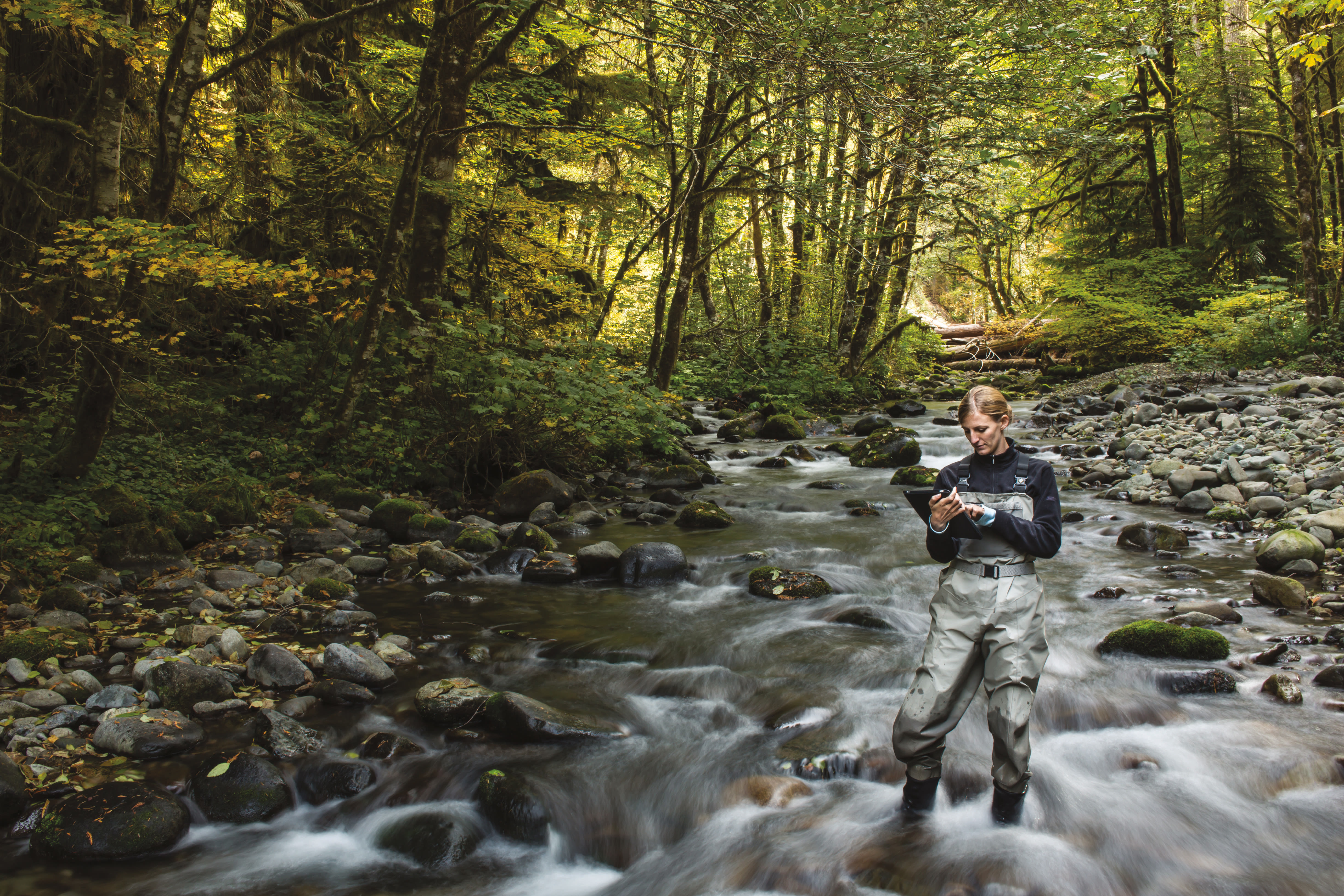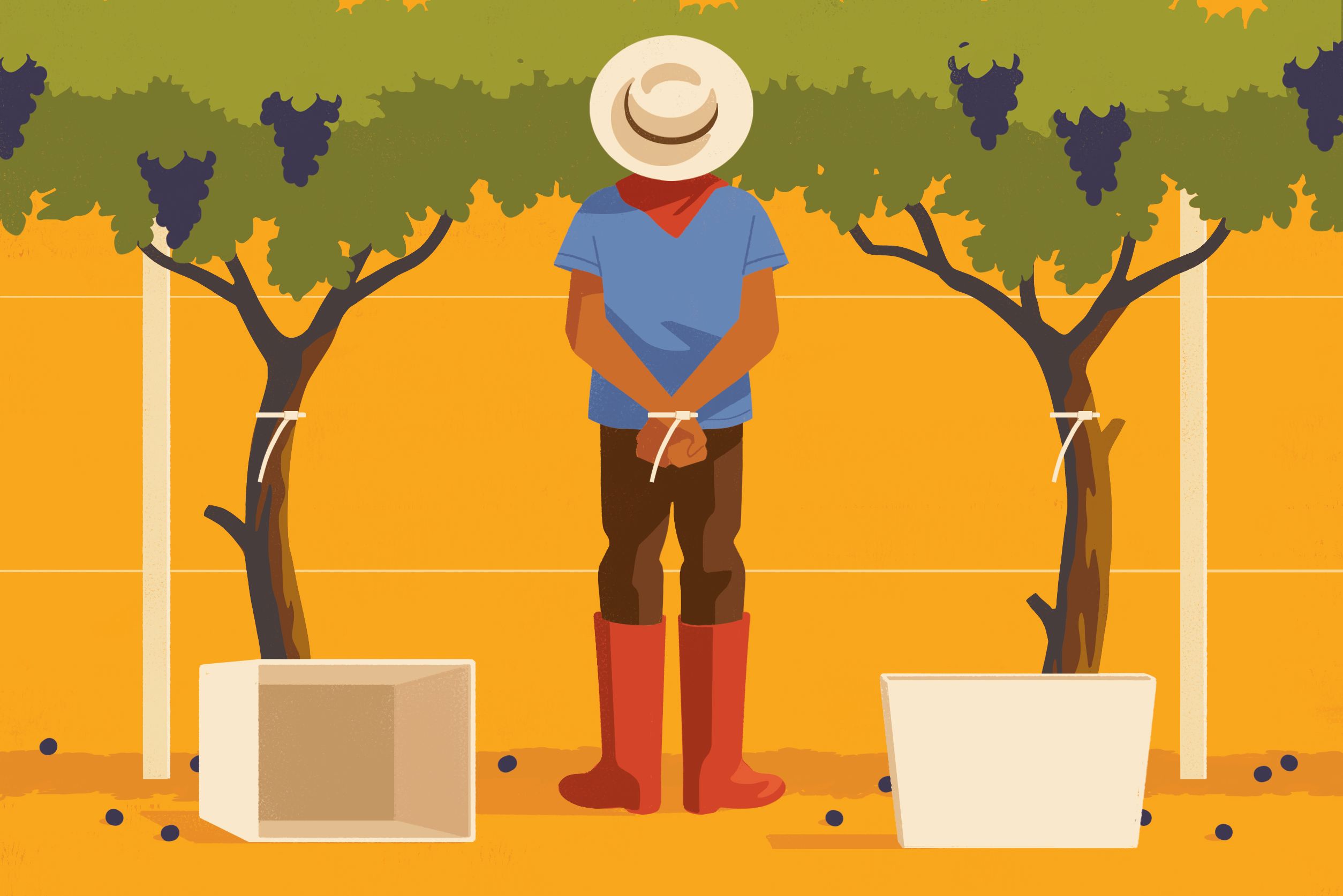Three Oregon Environmental Leaders Brace Themselves for Trump
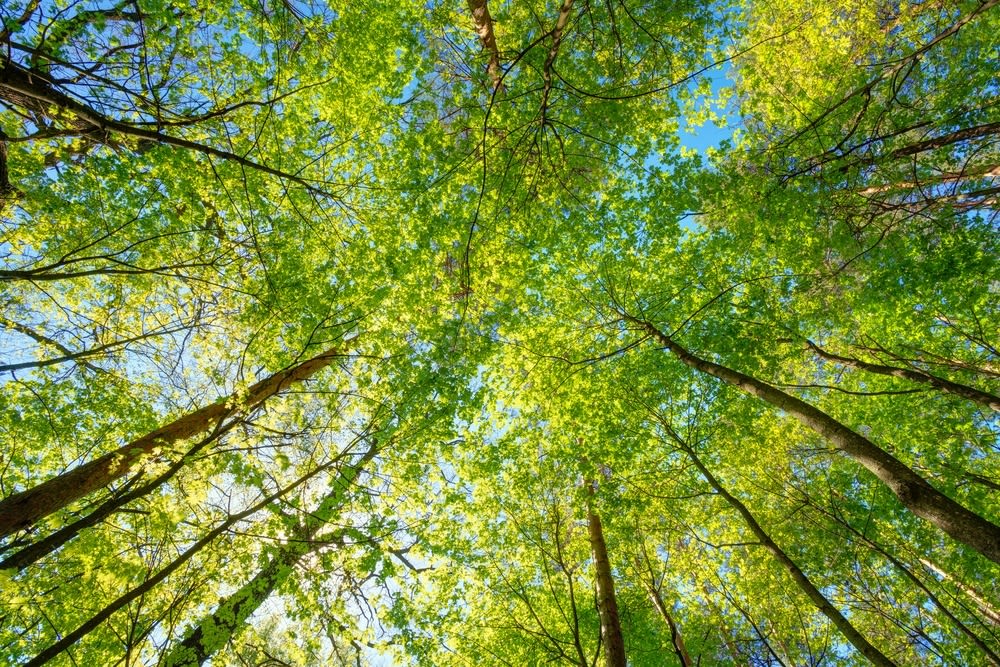
Image: Shutterstock
A few days after the 2016 election, Portland Monthly asked a wide range of Oregonians for their thoughts on what Donald Trump’s victory means for their lives, their work, and their communities.
Readers, we’d love to hear your thoughts as well. Please feel free to share your thoughts in the comment section, and please remember to keep this conversation civil and respectful.
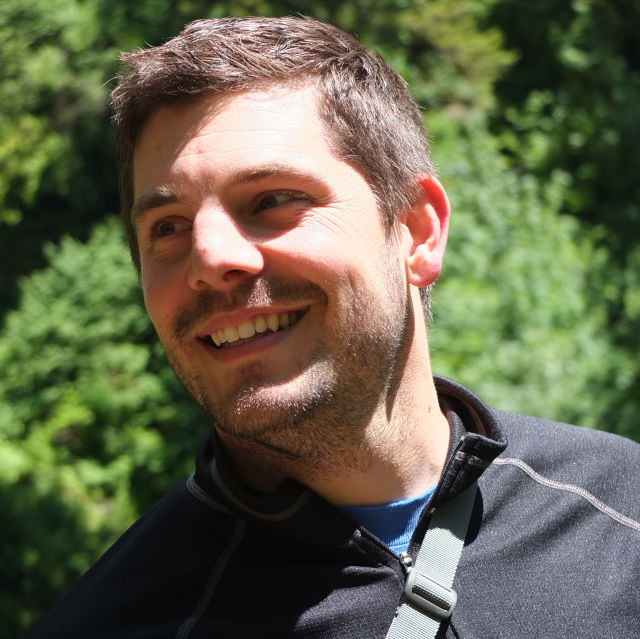
Image: Courtesy Sean Stevens
Sean Stevens
Executive Director, Oregon Wild
“We work on federal public lands a lot of the time, and we’re still in the hangover of the Bundy militia takeover of the Malheur National Wildlife Refuge. We’re very concerned that the anti-public lands movement might get fully expressed in the next Congressional session. It’s not just President-elect Trump, but the fact that we’re going to have anti-environment Republicans in control of both chambers. We’re prepping for real attacks: on the very idea of public lands, on environmental protections put in place over the last 50 years to make sure that we have clean water and air and wild places that aren’t turned over to natural resource extraction.
“We’ve been around for over 40 years, and through some dark days. You can look to the George W. Bush administration; there were efforts to undo the Endangered Species Act and go back to the clear-cutting days. We with our allies were largely able to beat back those proposals. Senator Wyden and Senator Merkley are going to be pivotal. The Senate filibuster is the only thing that stands in the way of a lot of bad policy right now. But ultimately our political power as an organization comes from average Oregonians. Make no mistake, Oregonians have shown again and again in public opinion and the ballot box that they care about preserving wildlands, protecting wildlife. Many policies that have originated in Oregon and elsewhere on the Pacific coast have become models for the country: the Beach Bill, the Bottle Bill, our land use planning. Hopefully people can see Oregon as a counterpoint to the national narrative. There’s a role for our state to play over the next four years.”
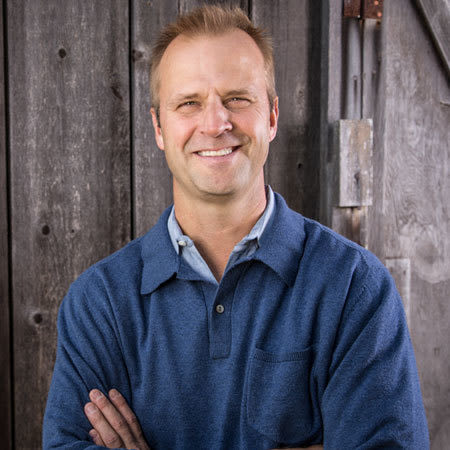
Joe Whitworth
President, the Freshwater Trust
“I’ve been trying to talk the world into changing for the last 17 years, and it hasn’t done it regardless of who’s been in the Oval Office or in the chambers of power. If I looked at the progress we made under Bush 2 compared with under Obama 1, we didn’t do as much as we could have in either case. That’s the hard reality. We still gotta find a way to make the changes that we want to see. We can’t outsource it. We have to start with the individual person, business owner, investor.
“We think businesses are actually going to do well with the coming administration. How are you going to use that? To reposition or make in right relation the economy with the environment? Do it within the confines of your business. Think about redesigning your business. Does it have a social component, or is it strictly a profit motive? Understand what your water footprint is. Account for it, offset it. Regardless of what happens politically, we can do that. The thing I will be watching for is civil or environmental rights deteriorating in the name of economic transition. What I’m looking for are unrelated, unscientifically-supported reasoning to make adjustments to protections. If someone in the EPA, or a position of administrative power, says climate change is not influenced by anthropogenic sources, that’s a flag. To the extent we start seeing, ‘We’re going to do this because science isn’t real’ or ‘We’re going to remove all these regulations on oil because of economic expediency,’ that’s when the flags go up.”
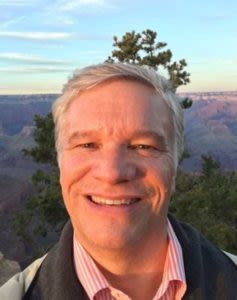
Seth Miller
Executive Director, Oregon State Parks Foundation
“The funding of parks is a national problem, and it’s well-known. I don’t see that getting fixed in a Trump administration. I think the focus will be on things like infrastructure: roads and highways, schools. It really depends which Trump comes to office: is he presidential, or the guy we saw? If he brings forward a lot of the ideas that he was promoting on the campaign trail, I’m afraid that a whole lot will change for Oregon lifestyles. And it will put more pressure, nationally and in the state, to find private ways to keep up our iconic park systems.
“Most people don’t seem to know that state parks are the only parks in Oregon not funded with taxes, and haven’t been since 1998. Primary funding comes from users’ fees—day use and camping—and Oregon Lottery proceeds. It’s a story that people who have moved to the state in the last 15 years don’t typically know, and people who were here 18 years ago don’t remember: in 1998, the voters passed an initiative allocating 7.5 percent of lottery proceeds to fund the parks. The next day, Governor Kitzhaber took the general fund away. It’s been gone for 18 years; they’ve never been able to come up with the money to come back and help the park system. Helping as a volunteer with a beach clean-up, or becoming a member of our foundation, those are two very specific ways to help. But also just helping us spread the word: how important the park system is to the image of our state, to our ability to attract tourists, to our ability to attract and retain employees, to our outdoor lifestyle in general.”




